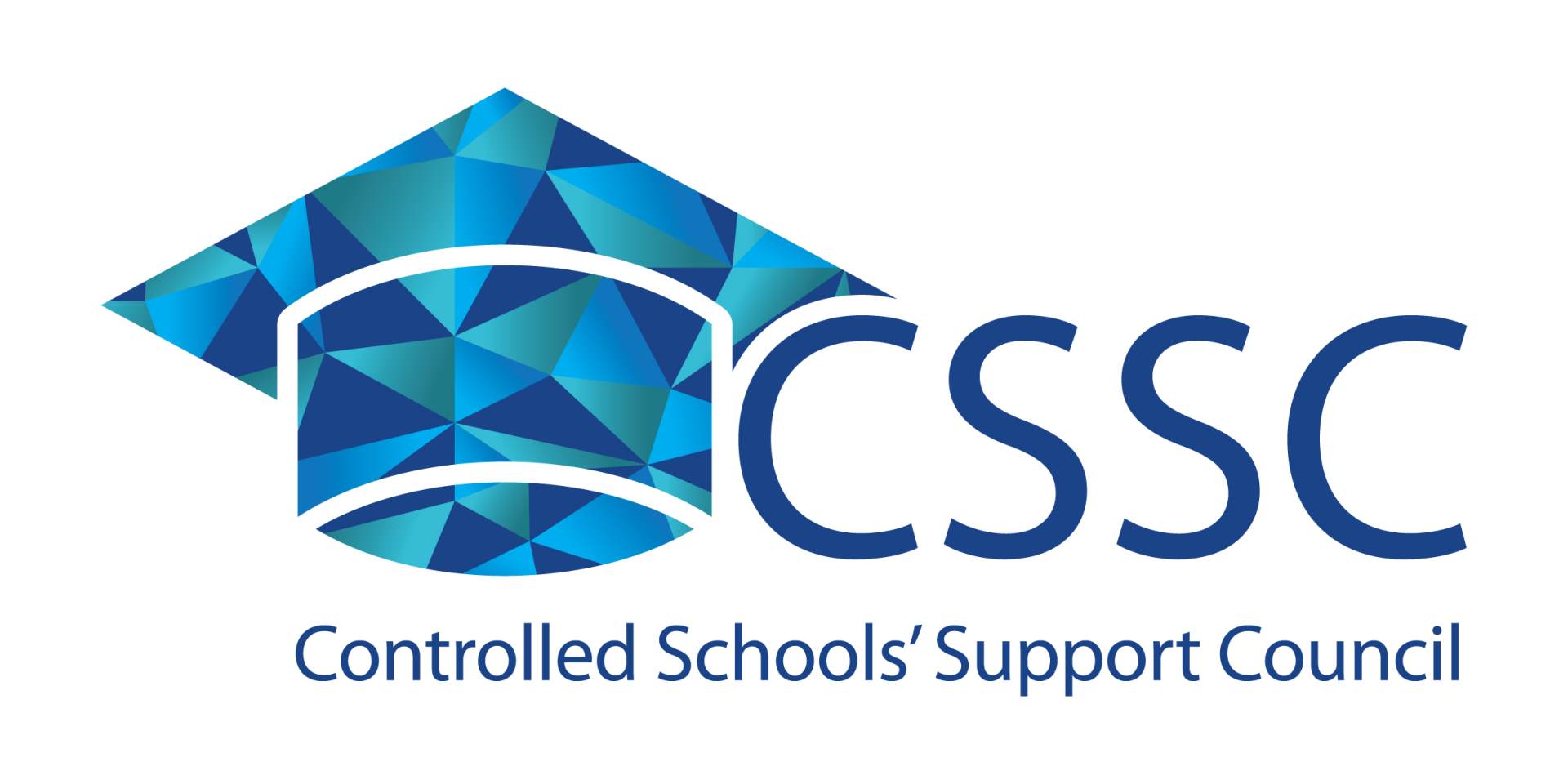Physics
Staff
Head of Department Mrs. J. Jenks
Teacher Ms. L. Emerson
Teacher Mr. D. Patterson
Curriculum
Physics is all around us. It is in the electric light you turn on in the morning, the bus that brings you to school, your watch, mobile phone, iPod, radio and TV. It explains how the stars shine every night and the sun every day.
Physics is the science of: matter, energy, space and time. It describes the many forms of energy and the way energy can change from one form to another. It also describes the way objects can move through time and space.
There are many fields of physics, for example: mechanics, electricity, heat, sound, light, matter, atomic physics, nuclear physics and elementary particle physics! It is also important for medicine, computing, sport, TV ….the list goes on and on.
A physicist is not some person in a long, white coat, working on some weird experiment. They work for research labs, universities, private companies and government agencies. They teach, do research and develop new technologies. Physicists are good at solving problems. How does a mirror reflect light? What holds an atom together? How fast does a rocket have to go to escape from earth?
GCSE
Pupils will be entered for the GCSE Physics (higher tier) specification offered by CCEA. This GCSE is assessed by one examination paper at the end of Year 11 and two examination papers at the end of Year 12 and a practical skills task.
The specification covers the following major areas:
|
Unit 1 (37.5%) 90 minutes |
Unit 2 (37.5%) 90 minutes |
Unit 3 (25%) |
|
Motion, Force, Moments, Energy, Density, Kinetic Theory, Radioactivity, Nuclear Fission & Fusion |
Waves, Light, Electricity, Magnetism, Electromagnetism and Space Physics |
Practical Skills |
Unit 3 consists of two parts:
Booklet A – 2 hour practical task (7.5%) Year 12
Booklet B – 1 hour 15-minute external written exam set in a practical context (17.5%)
Pupils will sit the Unit 1 in June of Year 11
The Unit 3 Booklet A will be completed in school during March of Year 12
The Unit 2 and 3B will be sat in June of Year 12
AS/A2
Pupils will be entered for GCE AS and A2 Physics offered by CCEA.
AS Physics is taught in Year 13 and is assessed by two written theory papers (40% of AS or 16% of A2) and two practical exams at the end of the year (20% of AS or 8% of A2).
The topics covered include:
- Forces
- Energy
- Electricity
- Waves
- Photons
- Astronomy
A2 Physics is taught in Year 14 and is assessed by two written theory papers (24% of A2 each) and two practical exams at the end of the year (12% of A2).
The topics covered include:
- Deformation of solids
- Thermal physics
- Circular motion
- Oscillations
- Atomic and nuclear physics
- Fields, capacitors and Particle Physics



Close
Social Media